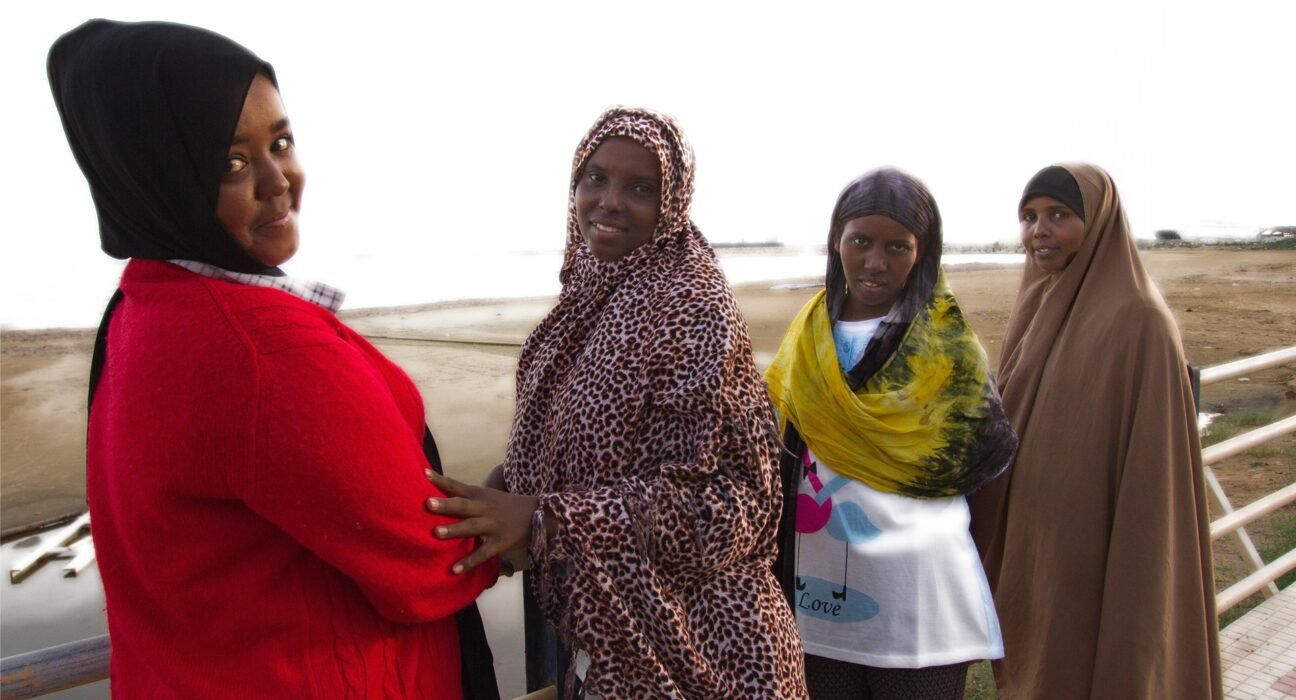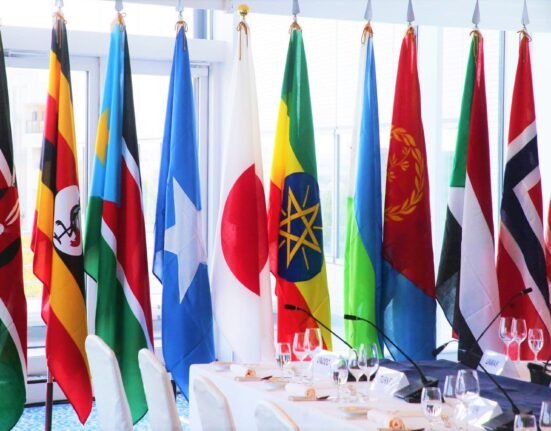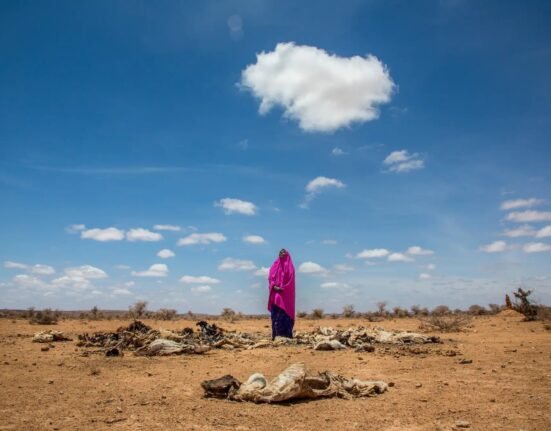The Somali society has faced innumerable challenges over the years, from political instability and civil conflicts to droughts and economic hardships. However, amidst these struggles, there remains a remarkable spirit of resilience that continues to shape and define Somali society. This article aims to delve into the challenges faced by Somalia and the inspiring triumphs of its people, highlighting their ability to rise above adversity and rebuild their nation.
Political Turmoil and Conflict:
One of the greatest challenges that has tested the resilience of Somali society has been the prolonged political instability and civil conflicts. Since the collapse of the Siad Barre regime in 1991, Somalia has faced periods of violent power struggles, factionalism, and the rise of extremist groups. These conflicts have resulted in the displacement of countless individuals, loss of lives, compromised education and healthcare systems, and significant damage to critical infrastructure.
Resilience in the Face of Adversity:
Despite the turbulent political climate, the Somali people have demonstrated extraordinary resilience. Local communities have initiated self-governance structures, such as clan-based systems, community courts, and dispute resolution mechanisms, to ensure basic order and security for their populations. Additionally, Somali diaspora communities around the world have played a vital role in supporting their homeland through remittances, investment, and sharing knowledge and expertise.
Humanitarian Crises and Droughts:
Somalia has been afflicted by recurrent droughts and humanitarian crises, leading to famine, food insecurity, and displacement. These crises have often exacerbated existing challenges, particularly affecting vulnerable populations such as children, women, and the elderly. However, the response to these challenges has highlighted the resilience of Somali society. Local grassroots organizations, international humanitarian agencies, and Somali-led initiatives have worked tirelessly to deliver aid, establish water wells, and create sustainable solutions for agriculture, enabling communities to rebuild their lives.
Education and Empowerment:
Access to quality education has been a significant challenge for Somali society, particularly in rural areas and conflict zones where educational facilities have been destroyed. Nevertheless, education remains highly valued, and many individuals, both within Somalia and the diaspora, have initiated educational initiatives to overcome these challenges. Community-led schools, mobile learning centers, and scholarship programs have been established to ensure that the youth have opportunities for education and skills development.
Path to Rebuilding:
Somali society’s triumphs lie in its determination to rebuild the nation, fostering economic growth, and establishing stability. Cities like Mogadishu, Hargeisa, and Bosaso have experienced gradual improvement as investments in infrastructure, telecommunication networks, and services increase. Additionally, the resilience of Somali industries, including trading, fishing, and telecommunications, continue to drive economic activity and contribute to the country’s recovery.
The challenges faced by Somali society have been immense, but the resilience and determination demonstrated by its people are truly inspiring. The ability to navigate through political turmoil, overcome humanitarian crises, and strive for education and empowerment showcase the strength and perseverance of Somalia. As the nation continues its path towards stability and growth, it is crucial that the international community recognizes and supports the resilience of Somali society, fostering sustainable partnerships that promote long-term development and progress.






